Russia set to deploy new missiles as INF collapses: Analysts
With Russia and the United States about to officially pull out of the landmark Intermediate-Range Nuclear Forces Treaty (INF), analysts say Moscow is set to deploy new missiles.
This raises the specter of yet another arms race nearly three decades after the conclusion of the Cold War era.
The INF was signed toward the end of the Cold War in 1987 by the then-US President Ronald Reagan and Soviet leader Mikhail Gorbachev. It banned all land-based missiles with ranges of between 500 and 5,500 kilometers and included missiles carrying both nuclear and conventional warheads.
The treaty, seen as a milestone in ending the Cold War arms race between the two superpowers, led to the elimination of 2,692 missiles from both sides, ridding Europe of land-based nuclear missiles.
However, Washington announced in early February that it would officially pull out of the deal in six months on August 2 if Moscow did not stop testing ground-launched 9M729 cruise missiles.
The US-led NATO says the 9M729 missiles are launched from mobile batteries, making them hard to detect. Furthermore, they have a shorter warning time than long-range missiles, enabling them to potentially hit targets across Europe in a matter of minutes.
NATO also claims that the missile can fly at ranges banned by the agreement - some 1,500 kilometers.
Russia rebutted the allegation in January by unveiling the missile and its key specifications, saying the maximum range of the missile, which NATO has named SSC-8, is 480 kilometers, thus it does not breach the INF.
Russia is also critical of the US for its alleged violations of the INF, saying it gave Washington an unfair advantage.
In the wake of the US suspension of the INF, Russian President Vladimir Putin said the Kremlin had also suspended its obligations under the Cold War-era nuclear pact in “a mirror response” to the US actions.
“Now that the treaty is over, we will see the development and deployment of new weapons. Russia is already ready,” Russian military analyst Pavel Felgenhauer told AFP.
In December last year, Putin said his country could easily develop and deploy land-based intermediate-range missiles if the US carried out its threat to withdraw from the landmark treaty.
Putin said the US had decided long ago to abandon the treaty and was now looking for justifications by blaming Russia.
On February 23, an unnamed military source in Russia’s defense industry told TASS news agency that Moscow planned to develop the land-based variant of the Kalibr-M cruise missile over the possible complete withdrawal of the US from the INF.
Earlier in the same month, an unnamed Russian military source told TASS that Russia arranged the serial production of the new type of cruise missile already by the end of this year.
The INF deal has been regarded as one of two significant arms deals between Moscow and Washington - the other being the 2010 New START treaty, which keeps the nuclear arsenals of both countries well below their Cold War peak.
However, this agreement too will expire in 2021 unless Washington and Moscow agree to extend it for another five years. But there seems to be little political will to negotiate an extension.
“The chances that this will carry on are low. Nothing then will limit the new nuclear arms race between the United States and Russia,” said Alexander Savelyev of the Russian International Affairs Council think tank.
Washington has been deploying its missiles in Eastern Europe and near Russia’s western borders, a provocative move denounced by the Kremlin.
Moscow has repeatedly warned Washington not to deploy such missiles in the vicinity of Russia’s borders, vowing to deploy its own missiles, capable of reaching all parts of Europe in response.
UAE exposed as secret buyer in huge arms deal with Israel: Report
Trump, Netanyahu planned war on Iran since February: Report
Iran condemns US hypocrisy, citing aggression, sanctions, restrictions
VIDEO | Pakistan, Russia explore potential oil cooperation amid global sanctions
VIDEO | Bethlehem’s Christmas returns: A message of peace from the birthplace of Christianity
VIDEO | Press TV's news headlines
VIDEO | Protestors call for release of British hunger strikers
VIDEO | Trump’s Nvidia reversal a little...






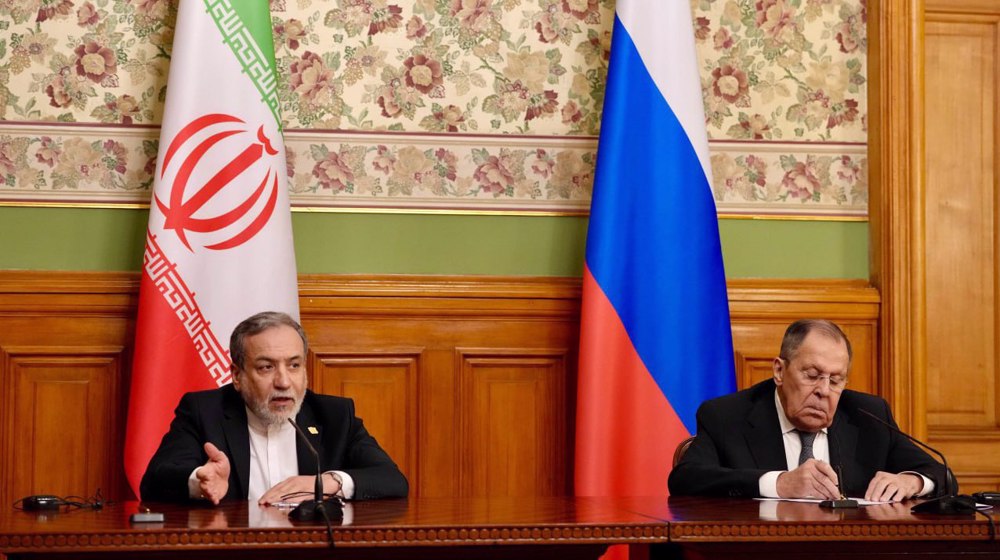
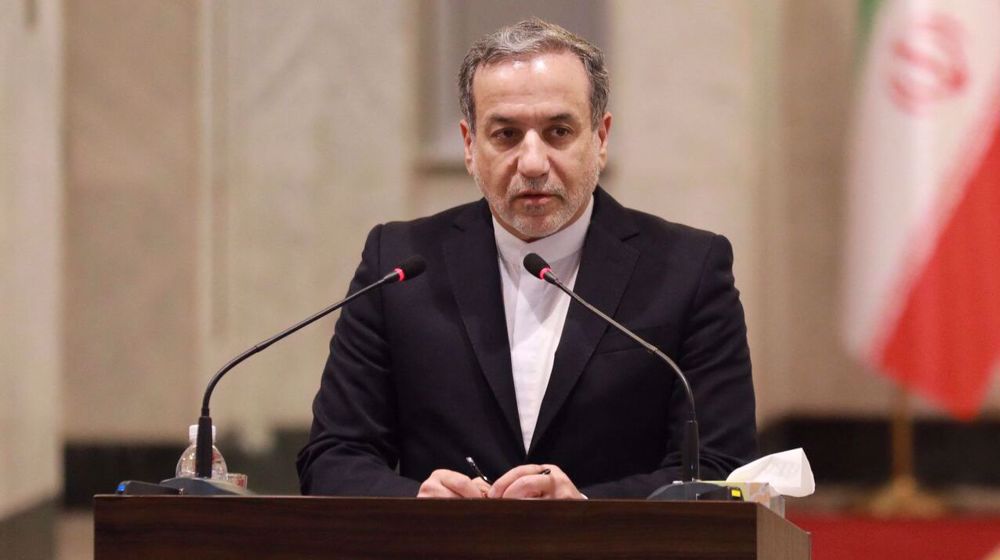
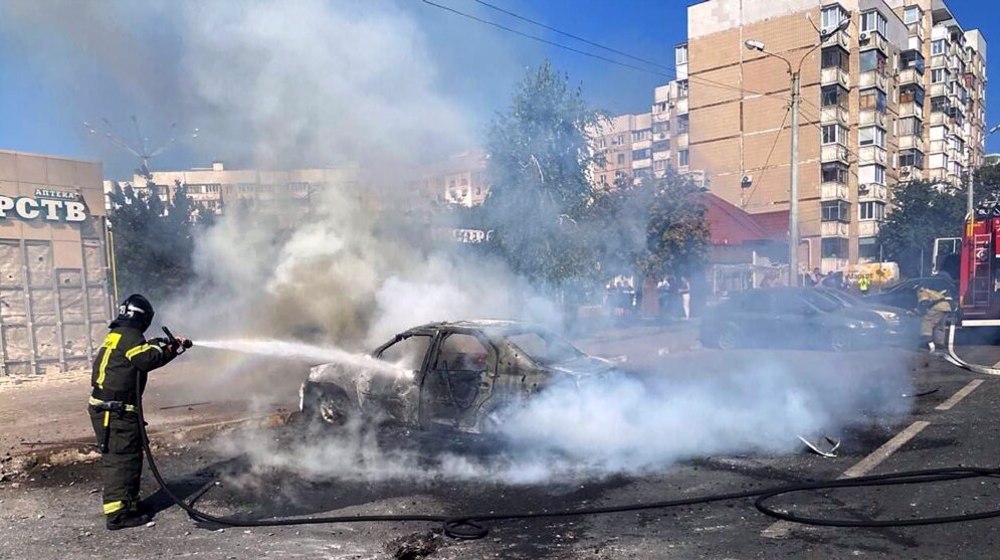





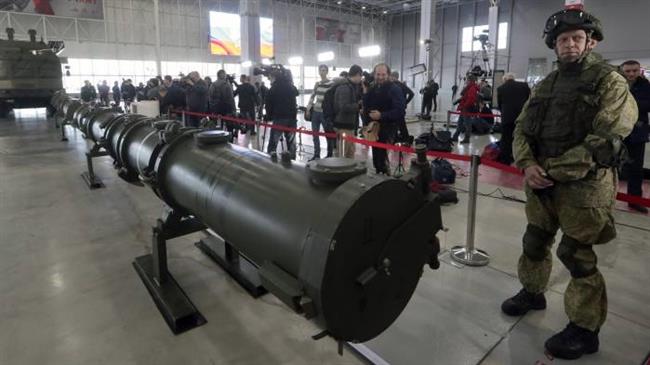
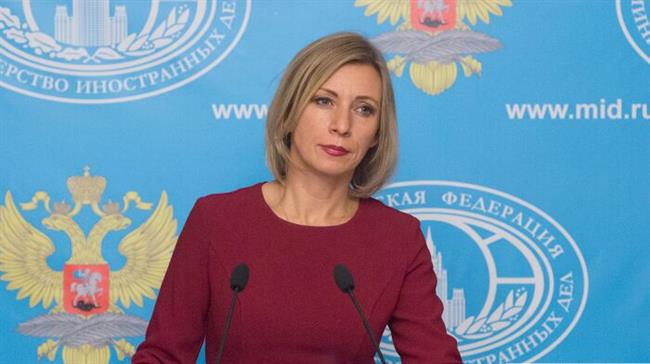

 This makes it easy to access the Press TV website
This makes it easy to access the Press TV website